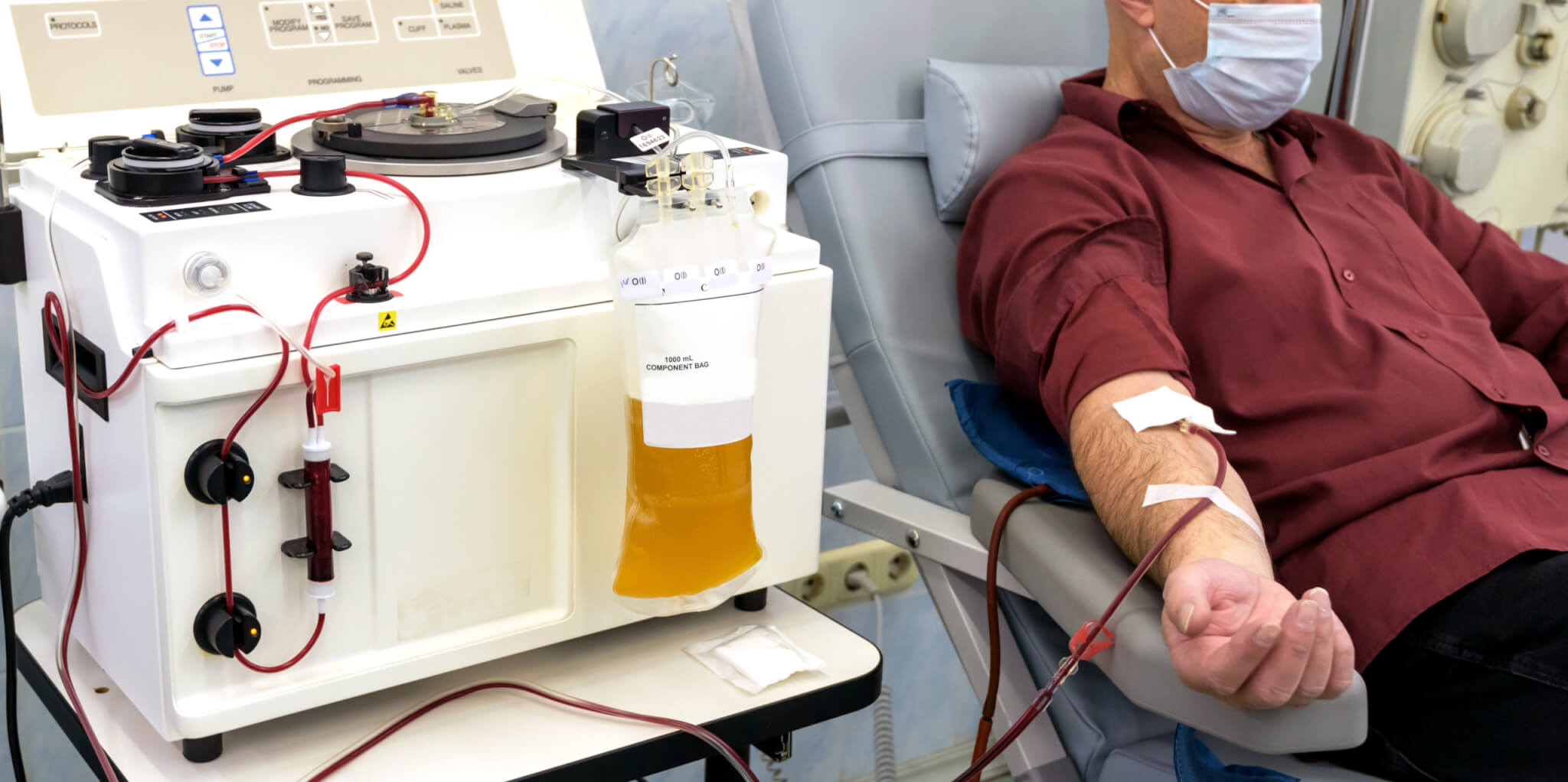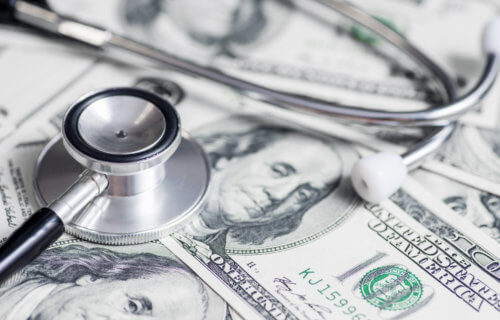When I was in medical school, I sold my blood – sort of – to supplement my student loans. It’s illegal to sell blood, organs, and tissues in the United States, but I was being paid to participate in research projects. For one study I was hospitalized overnight. There was a tube in a vein in my arm from which blood was drawn every 30 minutes. They ran the tube through the wall to the next room, so they wouldn’t disturb my sleep during the blood draw. I made $50. There were plenty of other studies. I hit the jackpot trying out a new soap – $175. I’m sure the pay rates have increased significantly.
Many studies are looking for subjects who have unique physical characteristics or are willing to push themselves to the extreme. You might consider making some extra money by participating in research. Large medical centers are rich sources to investigate. Ask about “clinical trials.” Some ideas:
- Mayo Clinic
- The National Institutes of Health (NIH)
- The Centers for Disease Control and Prevention
- Any medical school
- Pharmaceutical companies (e.g., Eli Lily, Pfizer)
- Product manufacturers (e.g., Proctor & Gamble, Johnson & Johnson)
Besides making money by participating in clinical trials, it turns out there are many other ways you can sell parts or substances of your body legally. Here are eight more suggestions if you’re interested in selling body parts.

8 Body Parts/Substances You Can Donate Or Sell Legally
1. Hair
Many wigs are made from cheap synthetic hair, but human hair is used for higher-quality wigs. The hair’s selling price is affected by many factors – color, length thickness, previous processing, and if you’re a smoker.
Check online for sellers – those are places for you to post your hair. You may be able to sell it for three figures, although some sellers claim they’ve sold their hair for four figures.
Even better, donate your hair to an organization that makes wigs for cancer patients. Locks of Love, (561) 833-7332, is a great organization. The spiritual surge you experience from giving is more valuable than money.
2. Stool
That’s right. Poop. Some stool is quite valuable for research, but it’s only about 0.1% of people who have the specific health markers in their stool. Human Microbes is one company which pays $500 per specimen. If you donate daily, that $180,000 per year!
3. Semen
Donating semen is not as fun or funny as it is on TV. It’s more difficult than you think to be selected. Two large sperm collection centers, California Cryobank and Fairfax Cryobank, accept only 1% of applicants due to low sperm counts, an undesirable health history, genetics, or other factors.
Tall donors are in greater demand. If you are accepted as a donor, you can donate twice a week, at about $125 per specimen.
4. Eggs
Women can sell their eggs for substantial pay. The New York University (NYU) Langone Fertility Center pays $10,000 per donation. State laws vary, but usually donors have to be between the ages of 21 and 35, and it helps if you’ve given birth before.
Donors are given a series of fertility drugs to increase the number of eggs the body releases. The eggs will be collected by a minor surgical procedure.
5. Uterus
The womb is more of a rent than a sell. You’d be a surrogate to give birth to a baby. It’s a lengthy process – beyond the nine-month gestation. There are numerous medical tests, pairing with one or a set of parents, and negotiating a contract. Either the surrogate’s egg or someone else’s egg is used. There are significant potential health risks to carrying a pregnancy and delivering the infant.
There is no fixed rate, and many surrogacy agencies advertise earning more than $50,000, plus monthly allowances, loss of wages for bedrest and recovery, and other fees.
5. Breast Milk
Women carrying babies as surrogates can continue earning after delivering the infant by selling breast milk. Many new mothers overproduce breast milk and can support mothers who under-produce. There may be a milk bank in your area where you can donate, but you can donate at home, too, with your own pump and storage containers.
Organizations generally offer $1-$5 per ounce. Some mothers even create a small business with their breast milk.
6. Skin
This is also more of a rent than a sell, and it’s not exactly what it sounds like. Some companies pay for advertising in the form of tattoos. Some, done with henna (a vegetable dye), are temporary. One woman sold her forehead on eBay for $10,000. A man sold his forehead for tattoo real estate for $40,000. You do have to live with the consequences.
7. Blood plasma
It is illegal to sell blood, but you can get paid for blood plasma, which is a straw-colored liquid that makes up just more than half of your blood supply.
The U.S. is currently suffering a major plasma shortage due to the pandemic, so your plasma is more valuable than ever.
It takes about 24 hours for your body to replace its plasma, so you can usually give it twice a week. Plasma is used to develop new pharmaceuticals, to help patients with immunodeficiencies, and in emergencies. Some places offer up to $500 for your first month of donations; regular donors receive about $40 per visit.
8. Bone marrow
Bone marrow is produced inside your bones. Selling bone marrow was illegal under the 1984 National Organ Transplant Act. In 2011, however, a California court ruled that it should be legalized because bone marrow is naturally replenished, and the process of collecting it has become much more tolerable.
There are two types of bone marrow donations, a surgical and a non-surgical option. Be sure you know what you’ll be doing. Organizations which pay offer up to $700 for a 60-minute donation.
This is another opportunity to give without being paid. You may save a life. You can’t assign a value to that kind of benevolence.
Words of wisdom
If you do decide to move forward in making money by selling your body parts or substances, or taking part in a clinical trial, it’s essential you do the research first. Make sure that the organization you’re working with is legitimate. Be open and honest during the screening. Speak with your doctor to ensure your decision isn’t putting your health at risk, and find out any side effects that could result from your decision. Ask questions regarding every concern you have — the dangers of going in blindly could far outweigh the benefits from the profit you get in return.

Isn’t Bone Marrow transfer or cultivation an extremely painful procedure?
I’ve got something you would like just get in touch please
Im willing to sell my one of my kidney to provide medication of my father
I will sell my all body parts
I am ready to sell my kidney for the needs of my child’s life
Im willing to sell my kidney for my baby needs for her life
me duele un chingo el pene we, deberia hablarle a un doctor?
Is it possible to pull the liver?
Liver?